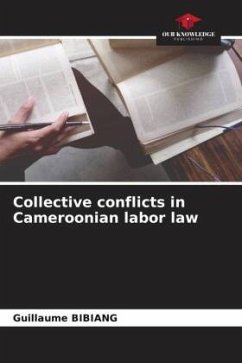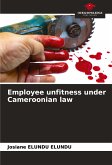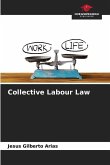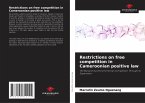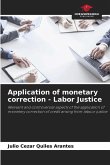The framework of collective conflicts in Cameroon is mainly done by the 1992 labor code, which defines the notion of collective conflicts by giving its characteristics which are: the intervention of a group of employees; the collective nature of the interest at stake and in a certain way the cessation of work and professional claims.Labour conflicts cannot be totally avoided within the company, that is why the Cameroonian legislator has instituted several procedures such as the amicable procedure and the legal procedure to resolve these conflicts. The modalities of regulating collective conflicts in Cameroonian labour law have proved to be ineffective, that is why a tidying up of the legislation and the setting up of a real negotiation between social partners remain a prerequisite.
Bitte wählen Sie Ihr Anliegen aus.
Rechnungen
Retourenschein anfordern
Bestellstatus
Storno

